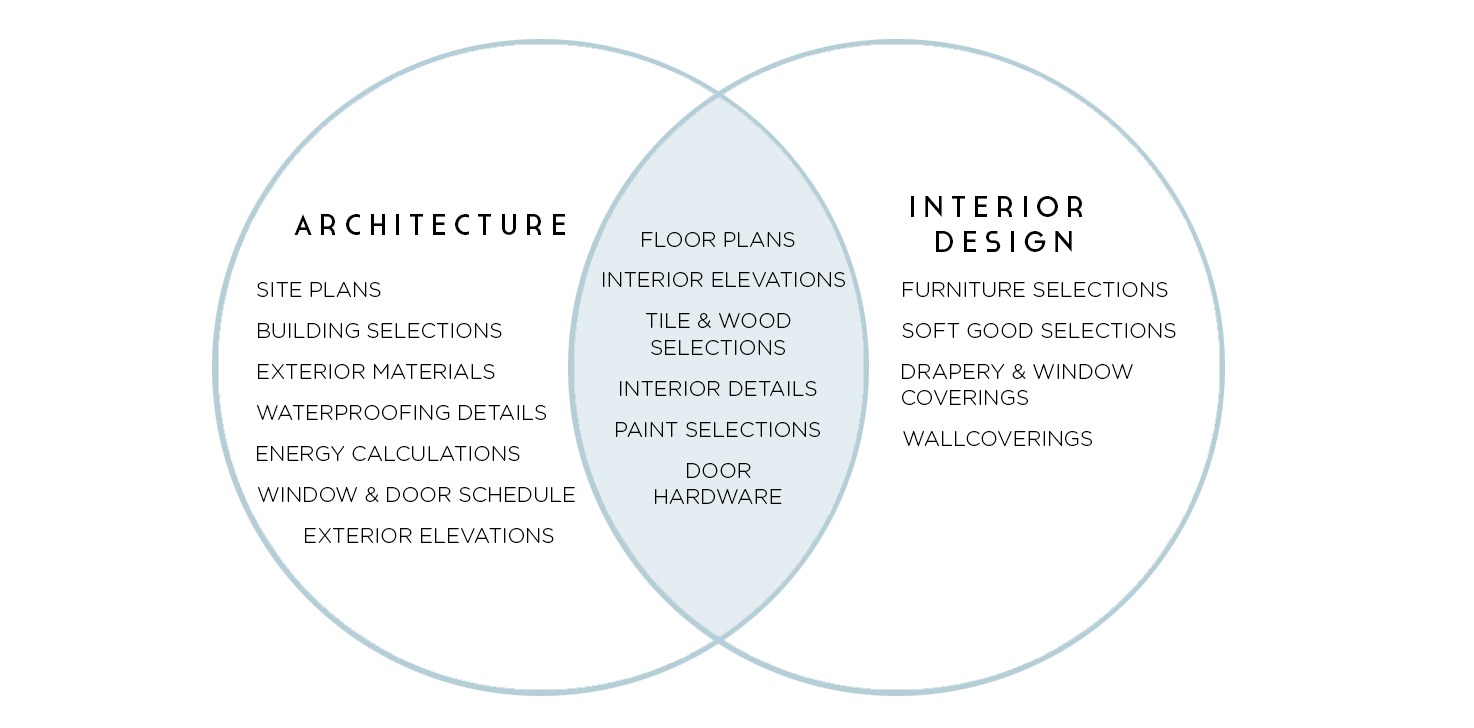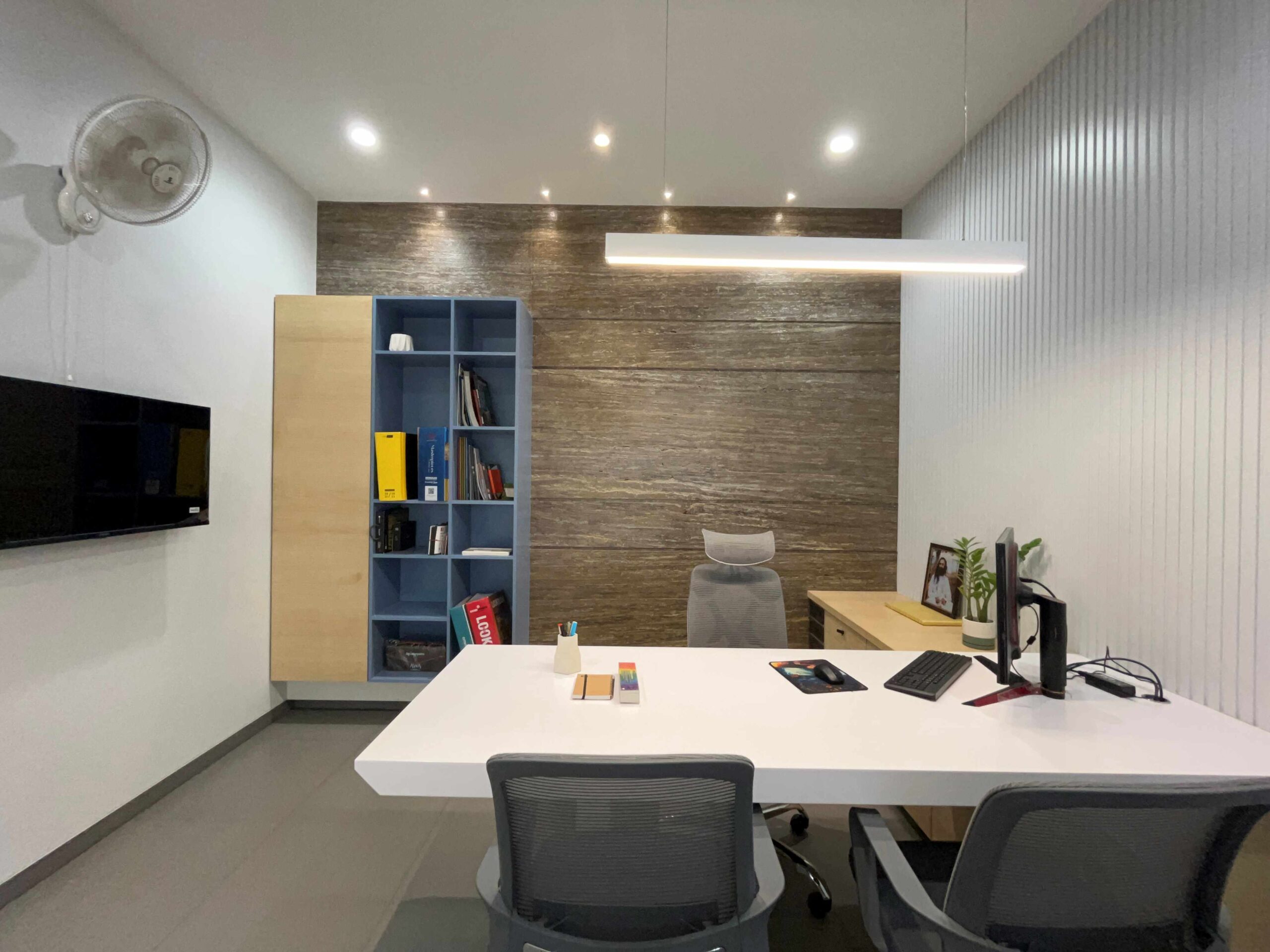Transform Your Space with the Best Home Décor Near Me
Transform Your Space with the Best Home Décor Near Me
Blog Article
The Art of Equilibrium: How Interior Design and Home Designer Collaborate for Stunning Outcomes
In the world of home layout, striking an equilibrium in between aesthetics and functionality is no small task. This delicate equilibrium is attained via the unified cooperation in between interior developers and engineers, each bringing their special experience to the table. Keep with us as we discover the ins and outs of this collective process and its transformative effect on home style.
Understanding the Core Differences In Between Inside Style and Home Architecture
While both Interior Design and home design play crucial duties in producing aesthetically pleasing and functional rooms, they are naturally different disciplines. Home style mostly focuses on the architectural elements of the home, such as developing codes, safety and security guidelines, and the physical building of the space. It manages the 'bones' of the framework, collaborating with spatial measurements, bearing walls, and roofing styles. On the various other hand, Interior Design is more worried with enhancing the sensory and visual experience within that framework. It involves choose and organizing furnishings, selecting color design, and incorporating ornamental aspects. While they function in tandem, their functions, responsibilities, and locations of knowledge diverge substantially in the production of a harmonious home atmosphere.
The Synergy Between Home Architecture and Interior Design
The synergy in between home architecture and Interior Design hinges on a shared vision of layout and the enhancement of practical aesthetic appeals. When these 2 fields align harmoniously, they can transform a home from regular to phenomenal. This collaboration needs a deeper understanding of each self-control's concepts and the ability to produce a cohesive, cosmetically pleasing environment.
Unifying Design Vision
Merging the vision for home style and Interior Design can produce an unified space that is both functional and aesthetically pleasing. The balance begins with an integrated frame of mind; architects and indoor designers work together, each bringing their knowledge. This unison of ideas forms the style vision, a blueprint that guides the project. This shared vision is important for consistency throughout the home, guaranteeing a liquid transition from outside style to indoor areas. It promotes a synergistic method where building components enhance Interior Design elements and vice versa. The result is a natural home that reflects the house owner's character, way of life, and taste. Thus, unifying the layout vision is critical in blending architecture and Interior Design for spectacular outcomes.
Enhancing Functional Appearances
Exactly how does the harmony between home style and Interior Design enhance practical visual appeals? This harmony allows the production of spaces that are not only aesthetically appealing however also easily useful. Designers prepared with their architectural layout, making sure that the space is efficient and useful. The indoor designer then matches this with carefully selected components that boost the looks without compromising the performance. This unified cooperation can result in homes that are both lovely and livable. An engineer may create a home with high ceilings and huge home windows. The indoor designer can then accentuate these functions with sheer curtains and high plants, specifically, hence boosting the visual allure while preserving the useful advantages of all-natural light and space.
Value of Partnership in Creating Balanced Spaces
The partnership between indoor developers and architects is pivotal in developing well balanced spaces. It brings consistency between layout and design, giving birth to areas that are not only cosmetically pleasing but additionally practical. Exploring effective collaborative methods can offer understandings into just how this synergy can be successfully achieved.
Integrating Style and Architecture
Balance, an important facet of both Interior Design and design, can just really be achieved when these 2 fields job in consistency. This harmony is not just a visual consideration; it influences the functionality, durability, and eventually, the livability of a room. Interior see this developers and engineers should recognize each other's functions, value their know-how, and interact properly. They should take into consideration the interplay of structural aspects you could try here with style, the flow of spaces, and the influence of light and shade. This collaborative process leads to a natural, well balanced design where every element contributes and has a purpose to the overall aesthetic. Integrating layout and architecture is not just about creating gorgeous areas, however concerning crafting rooms that function flawlessly for their citizens.
Effective Joint Methods

Case Researches: Successful Integration of Design and Style
Taking a look at a number of study, it ends up being apparent just how the successful integration of Interior Design and design can transform a room. The Glass House in Connecticut, renowned for its minimalistic style, is one such example. Architect Philip Johnson and indoor designer Mies van der Rohe teamed up to create an unified balance between the framework and the interior, causing a seamless flow from the exterior landscape to the internal living quarters. An additional prototype is the Fallingwater Residence in Pennsylvania. Engineer Frank Lloyd Wright and indoor developer Edgar Kaufmann Jr.'s try this web-site collaborative initiatives lead to an amazingly unique home that blends with its natural environments. These study underline the profound influence of a successful style and style collaboration.

Conquering Challenges in Layout and Design Partnership
In spite of the obvious advantages of an effective cooperation between interior design and design, it is not without its difficulties. Designers might focus on architectural stability and safety and security, while developers concentrate on convenience and design. Effective communication, common understanding, and compromise are vital to get rid of these obstacles and attain a effective and unified cooperation.

Future Fads: The Progressing Relationship In Between Home Architects and Interior Designers
As the globe of home style remains to progress, so does the relationship in between engineers and interior developers. The trend leans in the direction of a more collaborative and integrated strategy, breaking without traditional functions. Engineers are no more exclusively focused on structural stability, however also participate in improving visual appeal - Winchester architect. On the other hand, indoor developers are embracing technical facets, affecting overall format and functionality. This progressing synergy is driven by advancements in innovation and the expanding need for rooms that are not just visually pleasing but likewise functional and sustainable. The future assures an extra cohesive, innovative, and adaptive method to home style, as designers and developers proceed to obscure the lines, cultivating a connection that absolutely personifies the art of equilibrium.
Conclusion
The art of balance in home layout is accomplished through the unified collaboration in between interior developers and architects. Regardless of challenges, this collaboration fosters development and development in layout.
While both interior layout and home architecture play crucial functions in developing visually pleasing and useful spaces, they are naturally various self-controls.The synergy in between home architecture and indoor layout lies in a common vision of layout and the enhancement of practical looks.Unifying the vision for home design and indoor style can create an unified living area that is both useful and aesthetically pleasing. Therefore, unifying the layout vision is essential in mixing style and interior design for sensational outcomes.
Just how does the synergy between home design and indoor layout enhance functional looks? (Winchester architect)
Report this page